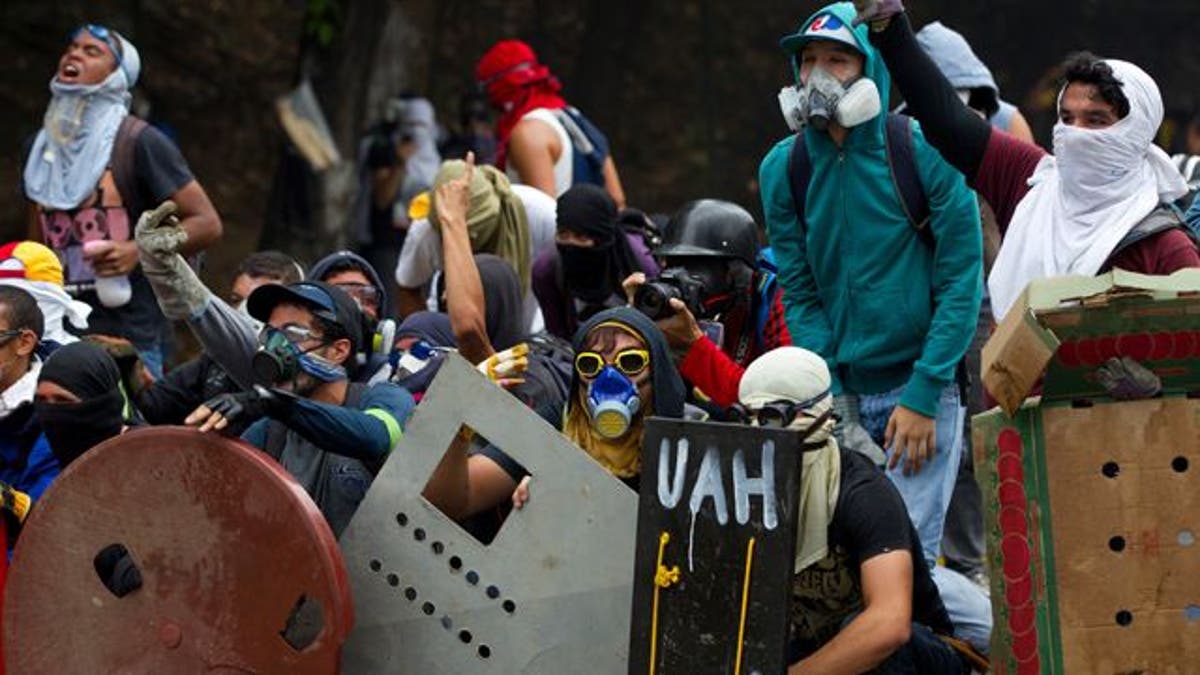
During the first half of 2014, Venezuela endured an average of 35 protests per day across the nation, according to a report released by the NGO Venezuelan Observatory of Social Conflict (OVCS).
So far this year, the number of recorded rallies is 6,369, the NGO said.
In the report entitled "Social Unrest in Venezuela in the First Half of 2014," OVCS indicated that the first six months of this year have had the most protests seen in the last 10 years.
It estimated an increase of 278 percent over the first semester of 2013, when there were 1,687 rallies.
The wave of protests, which intensified in February, began with demands for the right to public safety as a response to astronomical rates of street crime and violence. In the following weeks, the NGO wrote in its report, the theme of the protests expanded to include demands for a range of rights: food, political participation, the right to life, liberty and physical integrity and freedom of expression were at one time or another addressed at those rallies.
Nicolas Maduro was tapped by late President Hugo Chavez as his preferred successor to the presidency, and is quick to invoke the late leader's name, but orthodox socialists are grumbling over liberalized currency reforms they say are counter to the revolution.
The protests have not yet posed a serious threat to Maduro's hold on power because the military remains loyal, according to Risa Grais-Targow, an analyst at the Washington D.C.-based Eurasia Group.
But with Maduro's approval ratings slipping below 40 percent, any fracturing in his coalition will make it harder for him to make pragmatic, potentially-painful policy decisions.
Already grappling with street protests led by the right, Venezuelan President Nicolas Maduro is facing a new threat from an unlikely place: old-school leftists who accuse him of betraying the socialist legacy that carried him to power.
"He was already weak and now he's weaker," Grais-Targow said. "He's afraid of rocking the boat: People can say 'You're betraying Chavismo.'"
The AP contributed to this report.
Follow us on twitter.com/foxnewslatino
Like us at facebook.com/foxnewslatino
